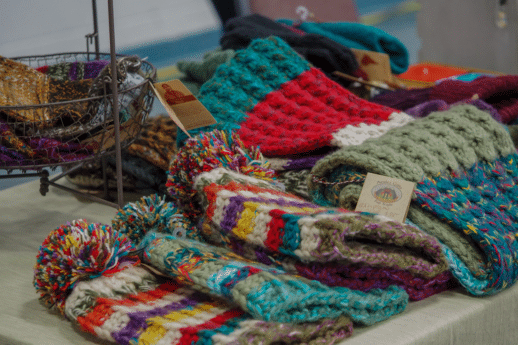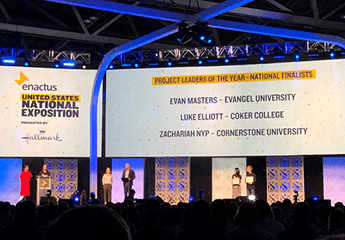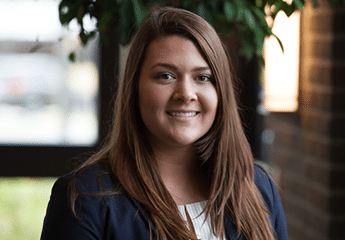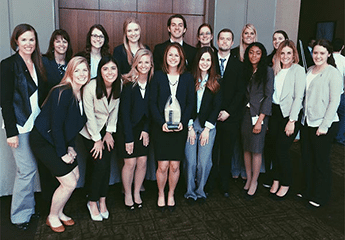CU Enactus Finds Creative Ways to Navigate COVID-19
The campus-wide closures and cancelation of events like commencement and athletic events caused shockwaves in the Cornerstone University community when COVID-19 was declared a global pandemic in March 2020. While it posed a number of challenges for higher education, it gave opportunities for student organizations such as Enactus a chance to get creative.
With the announcement of canceling all face-to-face learning and all students moving off campus, the CU Enactus team had a choice: They could either cancel all events for the rest of the semester or find new ways to produce them.
“We could have easily canceled everything for the semester,” said Jared Schmatz (B.S. ’21), president of Cornerstone’s Enactus team. He is also part of the Enactus Fellows Program, a program of advanced courses for additional business training. “We decided to take the opportunity to be adaptive.”
One of the organization’s largest efforts during both the fall and spring semester are exam survival kits, where members of the Cornerstone community can purchase care packages for students to help them during finals week. Despite all classes moving online and all students moving off-campus, Schmatz and the rest of the Enactus team strove forward to make this happen.
“Normally, we’re able to pass them out to students each semester,” Schmatz said. “With the COVID-19 crisis, we weren’t able to do that or have a huge ‘packing party’ like we normally do. There was extra work to do as a result, but we wanted to make a statement that we’re a resilient student organization.”
Earlier this year, Cornerstone’s Enactus team made plans to travel to Kansas City, Mo., to compete in the National Exposition. The expo was moved entirely online, and the team submitted a 12-minute video presentation of their project. While it’s another new challenge, Schmatz said it forced the team to get creative when it came to shooting and editing the video presentation.
The team has also moved some of its other events online, including a recent video presentation with Mark Muha, director of community life, on staying productive at work during the stay-at-home order.
For next year, Schmatz says he and the leadership team are going to develop two plans: one for if classes resume as normal, and one if next semester is also taught remotely.
“This gave us more experience in how to handle crisis situations,” Schmatz said. “Even after everything was canceled, the team still wanted to move forward with exam kits. We made it happen. We decided not to focus on the issues or what could go wrong, but rather focus on what we can do.”









